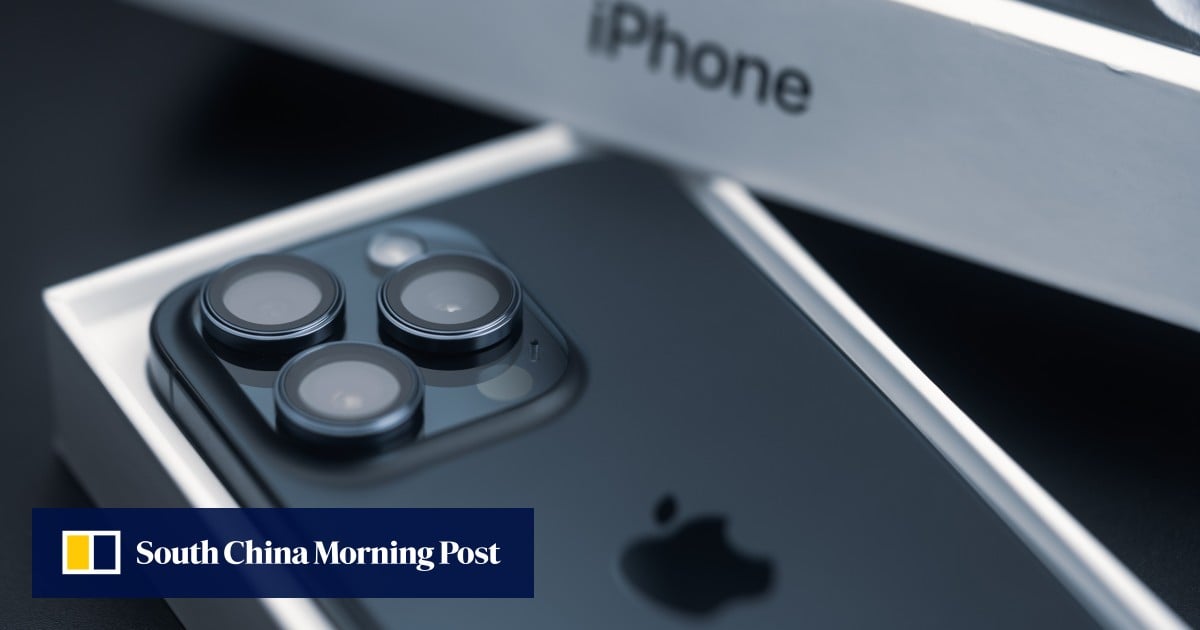
16 Jan Apple gets deeper into China’s smartphone price wars with widening iPhone discounts, but rival Huawei stays above the fray

“Apple faced more challenges in China compared to the rest of the world,” said Will Wong, senior research manager for client devices at IDC Asia-Pacific. “It not only faced competition from Huawei, but also a change in consumers’ sentiment that is now more cautious in spending.”
The iPhone’s total sales volume last year on the mainland was down 3 per cent from 2022, which translated to a 0.4 per cent decline in Apple’s market share, according to Jefferies.
Microsoft overtakes Apple as world’s most valuable company at US$2.89 trillion
Microsoft overtakes Apple as world’s most valuable company at US$2.89 trillion
Still, Apple received some good news on Monday when research firm IDC reported that the Cupertino, California-based company topped global smartphone shipments last year to dethrone long-standing market leader Samsung.
On the intense global smartphone competition, the “overall Android space is diversifying within itself”, said Ryan Reith, group vice-president at IDC’s Worldwide Mobility and Consumer Device Trackers unit. “Huawei is back and making inroads quickly within China.”
Huawei’s Mate 60 Pro is a blow to US sanctions but battles remain, analysts say
Huawei’s Mate 60 Pro is a blow to US sanctions but battles remain, analysts say
Huawei, however, faces a supply shortage for the Mate 60 Pro because of production constraints. The popular 5G model is still subject to a reservation purchase scheme without immediate availability on the company’s official website.
As Apple and its Chinese rivals turn to price promotions amid the weak macroeconomic environment on the mainland, Huawei will need to rely on the strength of its brand name to weather these headwinds, according to IDC’s Wong.
“The production constraints seem like a hurdle to Huawei, but it may also be a marketing tactic [to create greater demand],” Wong said.
